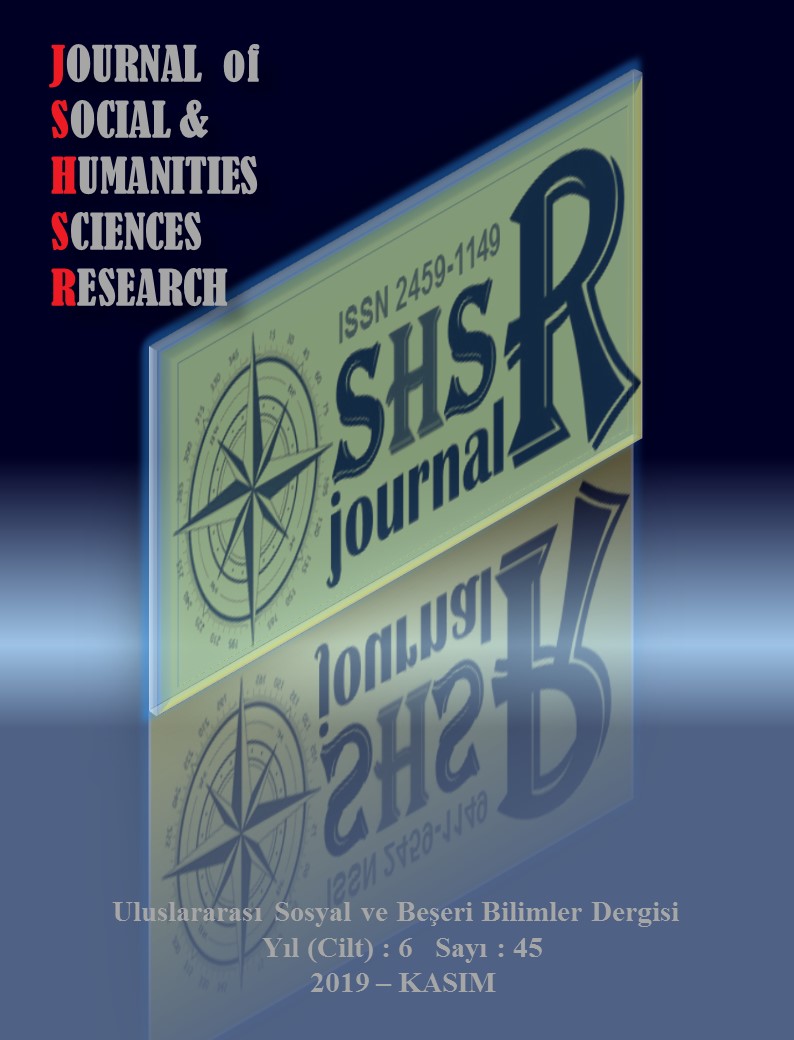SLOW JOURNALISM: IS NEW MEDIA JOURNALISM A VICTIM OF ITS SPEED?
DOI:
https://doi.org/10.26450/jshsr.1603Keywords:
Slow journalism, new media, new media journalism, traditional mediaAbstract
The new media has many advantages over traditional media due to its features such as “interaction and being asynchronous”.
These advantages can be framed by concepts such as “storage and archiving, responsiveness, cost-effectiveness, ease of access
and speed”. These advantages appear to turn into disadvantages in some cases. For example, the concept of speed, which is
seen as one of the most important advantages of new media, brings some problems in new media journalism. The fact that the
information contained in the news content is instantly entered into the information process without approval/ verification,
eliminates the credibility of the news, which is one of the most important elements in the name of journalism. In traditional
journalism, there is enough time to compile, gather and verify the news. Therefore, it is possible to give the news lately as well
as verifying it. In the context of this study, Susan Greenberg's concept of “slow journalism” is discussed. By slow journalism,
it is meant to allocate the time necessary to produce the news in a longer period of time. The aim of the study is to demonstrate
that the “speed” advantage of the new media should be used in a controlled manner, otherwise serious problems may arise in
terms of journalism.
Downloads
Published
How to Cite
Issue
Section
License
Copyright (c) 2019 INTERNATIONAL JOURNAL OF SOCIAL HUMANITIES SCIENCES RESEARCH

This work is licensed under a Creative Commons Attribution 4.0 International License.


